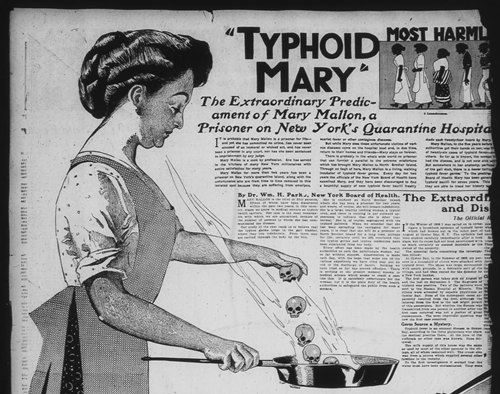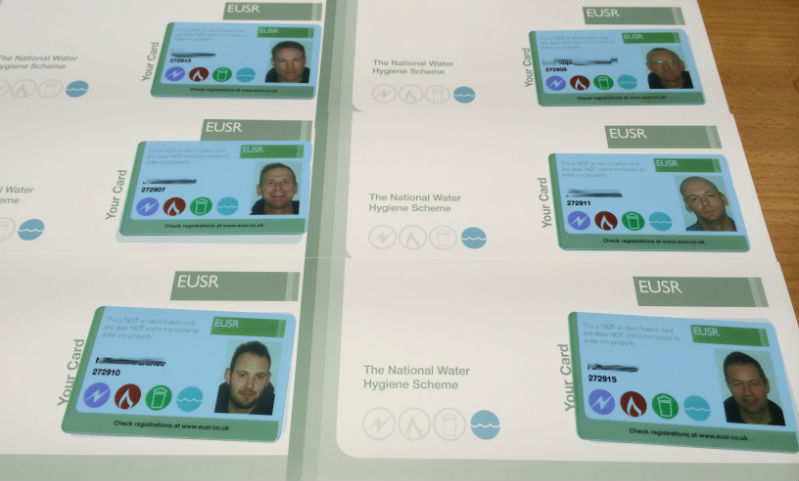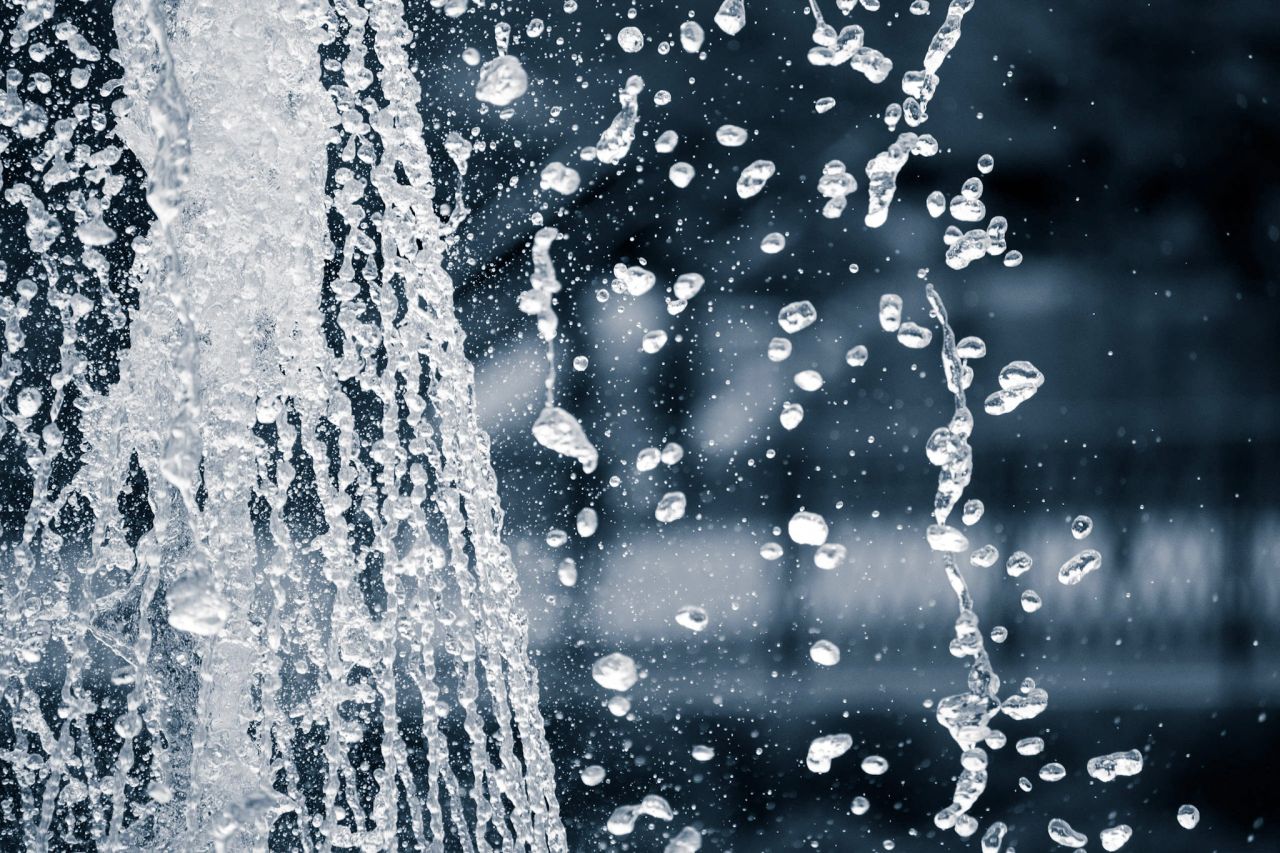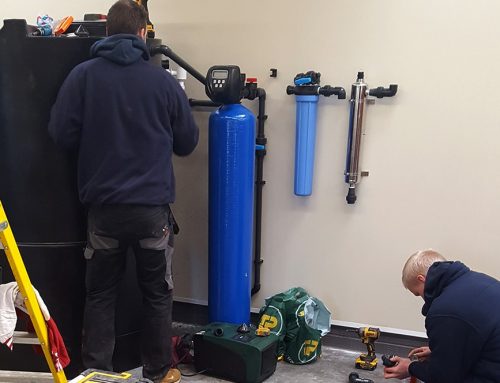As part of our commitment to staff training and health and safety last month several members of our team took the National Water Hygiene Card Training Course. The training card is relatively new and was designed to replace all water company specific hygiene schemes.
Before the hygiene card workers had to undergo separate testing, health screening and to carry several separate cards for each water authority. Now they only need one.
What is the water hygiene card course?
The course provides an understanding of how important it is to maintain good hygiene standards whilst working with potable water.
At Dales Water we work alongside water companies on potable water sites so as well as being useful, the card is also a legal requirement. We also believe that it’s essential all our staff know about risks of contamination and good hygiene regardless of the type of water supply they are working on, whether it falls under the “restricted operations” category or not.
The training session lasted for around half a day and started with a trainer lead presentation from approved EUSR trainer Oswyn Parry. Our staff then had a health screening and took a multiple choice test. All 7 staff who took the course passed and are now issued with a National Water Hygiene Card.
Things covered in the course
- The regulations that have an impact within our job and how we can comply with them.
- How to determine what are and aren’t restricted operations.
- When you should not work with drinking water. i.e health reasons
- Dealing with clothing, footwear, tools, storage and transport when working with drinking water
- How to recognise potential contamination risks and deal with contamination if it happens.
- What is the impact if you get it wrong
We also looked at some historical cases where water contamination has happened at scale such as the case of Typhoid Mary and the Broad Street Cholera Outbreak.

Typhoid Mary
Both of the above are useful case studies on how rapidly water borne diseases can spread and also unknowingly like the Typhoid Mary case. Mary Mallon aka Typhoid Mary was just a carrier of the disease and never displayed any symptoms yet where she worked as a cook, a typhoid outbreak soon followed. Thankfully in 2014 we know a lot more about diseases and how they spread. This is why the hygiene card requires a health screening test prior to issue.
Who needs a National Water Hygiene Card?
Any person working on a restricted operations sites such as service reservoirs, pumping stations, treatment works, wells, spring and boreholes must be in possession of a National Water Hygiene card.
Why do we put our staff through the course?
Health and safety plays a big role within the company, and that includes the quality of the drinking water that we provide our customers. It’s important our operatives have a firm understanding of water hygiene and how to achieve it.
Are you a private water supply owner?
If you’re the owner of a private water supply you might want to consider asking yourself the following questions:
- Does your current well contractor hold a hygiene card issued by the EUSR?
- Have they received the proper training to work on drinking water supplies?
- Are they aware of the risks of bacterial contamination when working with water supplies, if not why are the working with them?
- Have the staff been issued with the correct health and safety training and protective clothing to work alongside private water supply?
If you have any questions about the Water Hygiene Card or our private water supply services please contact us.



